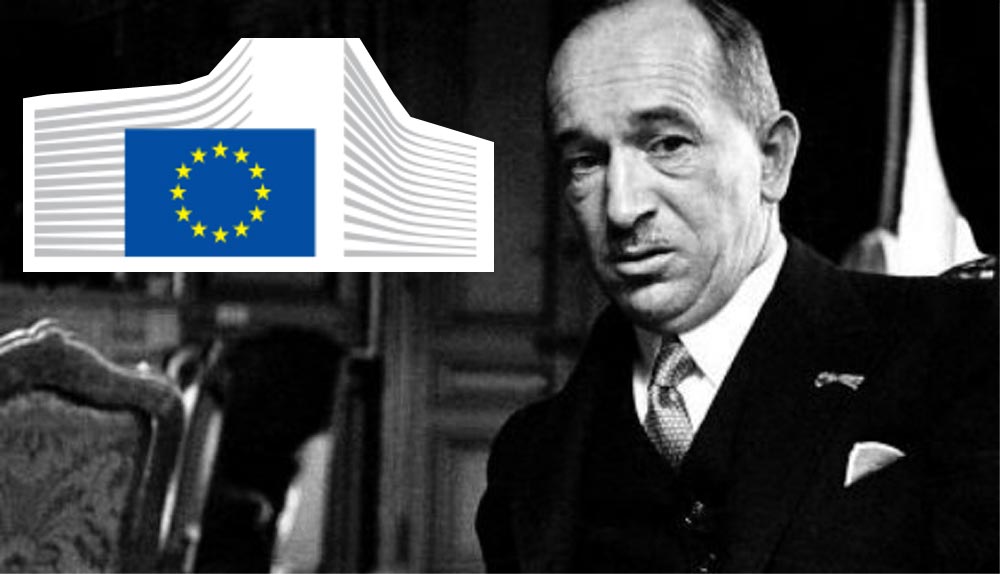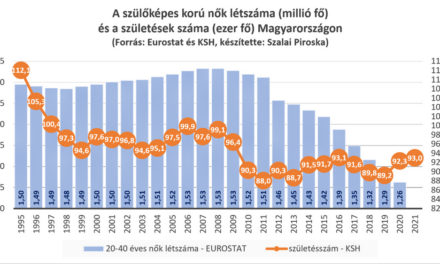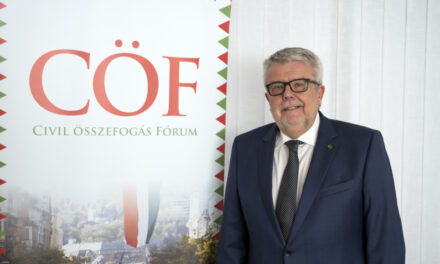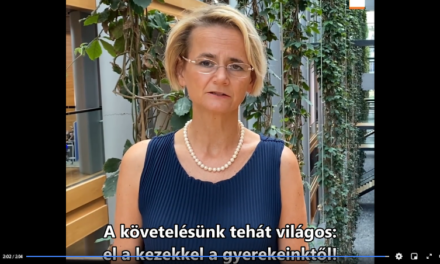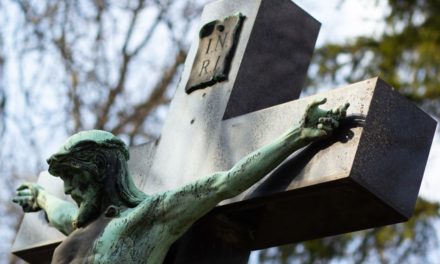Land is still being taken from the Hungarians in Slovakia based on the disenfranchisement decrees of 1945 - and the EU bodies still don't want to hear about it. RMDSZ MEP Vincze Loránt constantly represents the case in EU forums.
"The vast majority of Germans and Hungarians must leave us. This is our final decision... Our people can no longer live in a common homeland with Germans and Hungarians." Czechoslovak President Edvard Beneš followed the words spoken on Victory Day, May 9, 1945: he recorded 13 of the 143 presidential decrees issued between May 14 and October 27
the collective guilt of Germans and Hungarians. In other words, every German and Hungarian, from the one-day-old baby to the old man, is responsible for the horrors of the Second World War.
As a result of this, the approximately three-quarters of a million Hungarians in the highlands at that time were expected to be completely deprived of their property and rights, in addition to the mass murders, deportations and other deprivations of rights committed by the Czechoslovak authorities, within the framework of the finally negotiated "population exchange", about
It meant the resettlement of 70-80 thousand Hungarians in Hungary and the confiscation of their large properties left in Czechoslovakia.
After the tragedy, not only was there no apology from either the Czech Republic or Slovakia, but the decrees stating collective guilt were part of the Slovak legal order, and in 2007 they also strengthened its scope, creating a situation similar to, say, the maintenance of pre-1945 Jewish laws someone would be swordsman next to him.
Nevertheless, neither during the accession to the European Union nor after did it occur to the EU bodies that an exclusionary law on the basis of origin could be problematic.
However, our neighbor to the north went even further – although the basis of his argument was for a long time that although the Beneš decrees are part of the legal order, they are not applied. However, reality shows the exact opposite.
As if we were living in the time of Jewish laws. The Slovak Land Fund (SPF) is, among other things, in connection with motorway constructions around Bratislava,
Since 2018, he has appropriated large tracts of land specifically with reference to the Beneš decrees.
There are also estimates according to which up to 50,000 hectares or more of land may have been taken since the regime change - those that they "forgot" to confiscate in 1945-46 were subsequently replaced.
Of these, the owners and heirs only rarely went to court: one of the most memorable cases was that of Miklós Bosits, who inherited the forest area near Bártfa, against whom the state forestry instituted a lawsuit based on the Beneš decrees in 2009, using the Slovakian attorney general's strange authority to do so - after forestry lost in the first and second instance - he quickly decided that the area should be taken from Bosits. Moreover, "in order to preserve legal security and the authority of the state", it should be pretended that it had already been taken away in 1945.
Bosits appealed to the Slovak Constitutional Court, from where it bounced back, and finally the European Court of Human Rights judged - mainly because of the Attorney General's license - that a "error threatening legal certainty" had occurred. At the same time, the important precedent-setting judgment stated: indeed, the decrees are in force, and even in the 21st century, Hungarians are deprived of their property on the basis that they are Hungarian.
Recently, he received the template answer from the branch of the EU Commissioner Didier Reynders, according to "No. 104/1945 of the National Council of the Slovak Republic. s. Its decision (…) is a historic legal act made by the national authorities before the accession to the European Union."
Although the answer was signed by Reynders, and his position may seem hopelessly anti-Hungarian, according to Loránt Vincze, this is not necessarily the case.
"I have the feeling that they don't know about it, especially that they still have legal effects. When we tell them, the partners first think that this is some kind of emotional attachment on the part of Hungarians from the highlands to the case, but when we tell them that the legal effect that continues to this day means that concrete land is being confiscated, and previously confiscated but unregistered land is now being registered transferred to the name of the state, the partners are very surprised.
After all, this cannot fit in any way, neither in the EU framework, nor in the legal framework of the operation of a normal state," the MEP representative explained to our newspaper.
"I saw that the decrees have a very strong legal impact, so far the trials have been held at the human rights court in Strasbourg - it's technical, it didn't get enough publicity and so the people involved didn't feel any political pressure; that's why I suggested to the Upland Alliance party that they should be more vocal, collect the cases and let the harmed citizens speak out, so it would become visible in Brussels and to the EU institutions as well," he encourages the Upland Hungarian party.
Success does not come by itself; as Loránt Vincze puts it: "This requires determination and joint action".
Source and full article: mandiner.hu
Featured image: Pál Csáky

